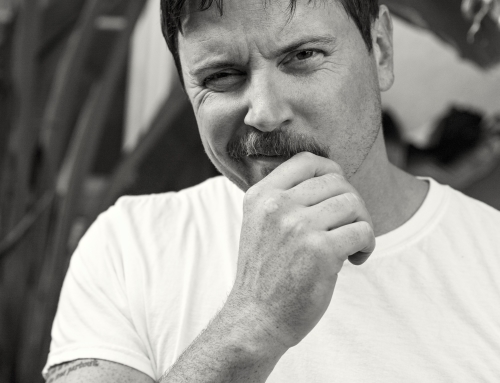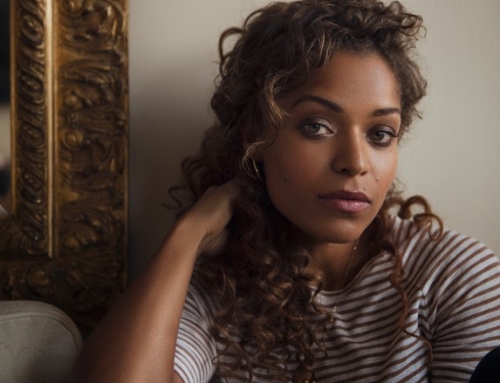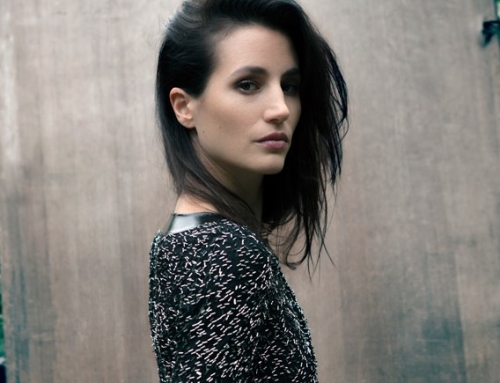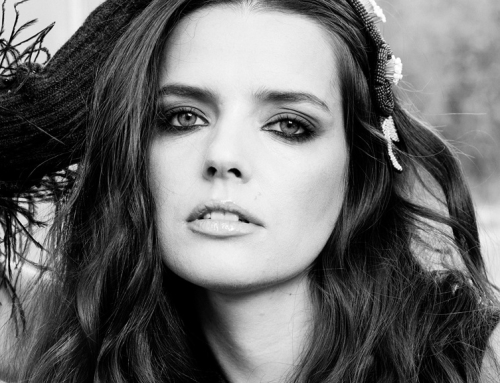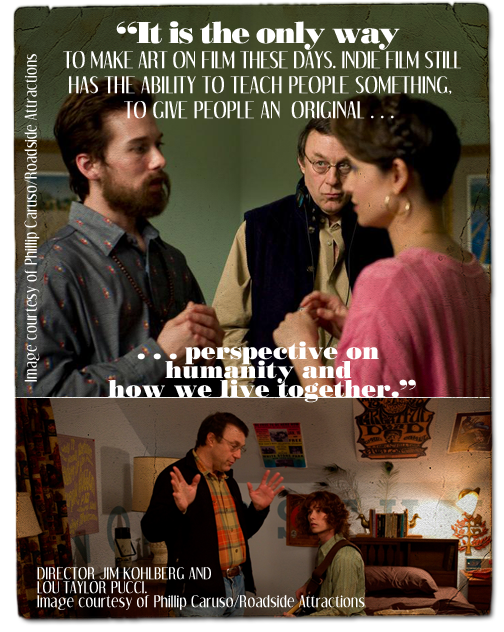
It’s true, but I’m sure Ellis’s comment ruffled its fair share of feathers regardless. You think sometimes artists take themselves too seriously?
I do think many take themselves too seriously. Yes. Life should be about living. Not worrying. Not caring what other people think of you. Not grading yourself on how famous or well respected you are. And most definitely not being too serious about your work. Do what you love and love what you do.
Is there a time to be serious?
There are important things in life you don’t want to look back on and regret that you didn’t give them the proper care or time. As you grow on, you realize when the right times are to be serious and when you can be loose. Either way, enjoy what you do. In The Music Never Stopped I had to give Gabriel the proper care and time to do him justice. Not only for the audience, but because it was a true story about a real man who lived and breathed. I could never forgive myself if I was lazy creating it. But the only reason the character works on film is because of his humour. I couldn’t have played that if I were stuck thinking too seriously. The serious stuff is for the rehearsal and the research. Then you forget it all and just have fun and enjoy the ride.
I think you’re right about the way humour works to balance the story in The Music Never Stopped. Do you see the film, as some critics have, as a feel-good picture?
I do feel that part of the magic of this story is how easily relatable it is for so many different kinds of people. Some will love it for the music, some for the honesty of the characters, some will relate to the ’60’s mindset, but I think everyone has a jolt of excitement when music becomes the only magic spell that can wake up Gabriel. And the magic is real. Music is a frontier we have yet to truly explore.
The soundtrack plays a big part in this film; do you think it was almost like another character?
Definitely. You know, we didn’t even know for sure whether we were going to be able to play “All You Need is Love” in the film when we were making it. We had to film the scene where Gabriel awakens two different ways, one with earphones on Gabriel (so the audience didn’t have to hear it) and another aloud on the record player. It was a big day for our producers when I heard they showed the film to Paul McCartney and he liked it enough to let them use his music.
What’s some of your own personal favourite tracks of all time?
I’ll just say “Tempted by the Fruit of Another” gets stuck in my head more than any other song in the universe. And my favourite band growing up was Jellyfish. I can also sing the entire Tenacious D soundtrack. Rock on!
Not counting this film, what film would you say has both the best soundtrack and the best-used soundtrack?
I dunno. Forrest Gump. That’s a major soundtrack and epic storytelling.
That one is also set in the Vietnam era. If you had grown up in the ’60s, what scene do you think you would have belonged to? Same as Gabriel?
Definitely. I hope I would have had the balls to do what he did and follow his love for music despite the family’s conventional ways.
The effect music has on Gabriel when young and healthy, and even more incredibly so as an adult with a brain tumour, is something else. Music therapy aside, how does his condition affect the development of his life?
Well, most people are aware that they exist, but they are stuck in the past and future. It’s a rare day when we can just enjoy the present in our society. But Gabriel’s problem is the opposite. He is stuck in the present. At first, you can imagine that it might be bliss. He is only here, only now. But Gabriel’s problem is that without the knowledge of his past and who he is, he is not truly aware that he exists. I feel that to be enlightened, you not only have to live in the present, but you have to know you’re there. Music helps Gabriel truly wake up to his existence.
And awaken to the relationships that he left behind before his brain tumour, particularly the one with his dad. Did you relate to the troubled father-son dynamic in this film?
As special as this movie already is for its own story, I had a very specific relationship to it myself. My grandfathers both died before I was born. On my dad’s side, he was a photographer and died young from a brain tumour. For me, it was almost like creating a version of the grandpa I never got to meet and telling his story. And J.K. Simmons, who usually never gets to play such a dramatic role in his films, gets to shine playing the father who finally gets his son back.
What was it like working with J.K.?
J.K. is the most awesome actor I’ve ever worked with. He couldn’t have been more fun and laid back. There’s a man who definitely doesn’t take himself too seriously.
On the topic of family narratives, do you think all families are dysfunctional?
I don’t even really know what dysfunctional means nowadays. I think most families have problems that they need to get through. And when they do, they function. When they don’t, they don’t.
< back to page 2 of 2








